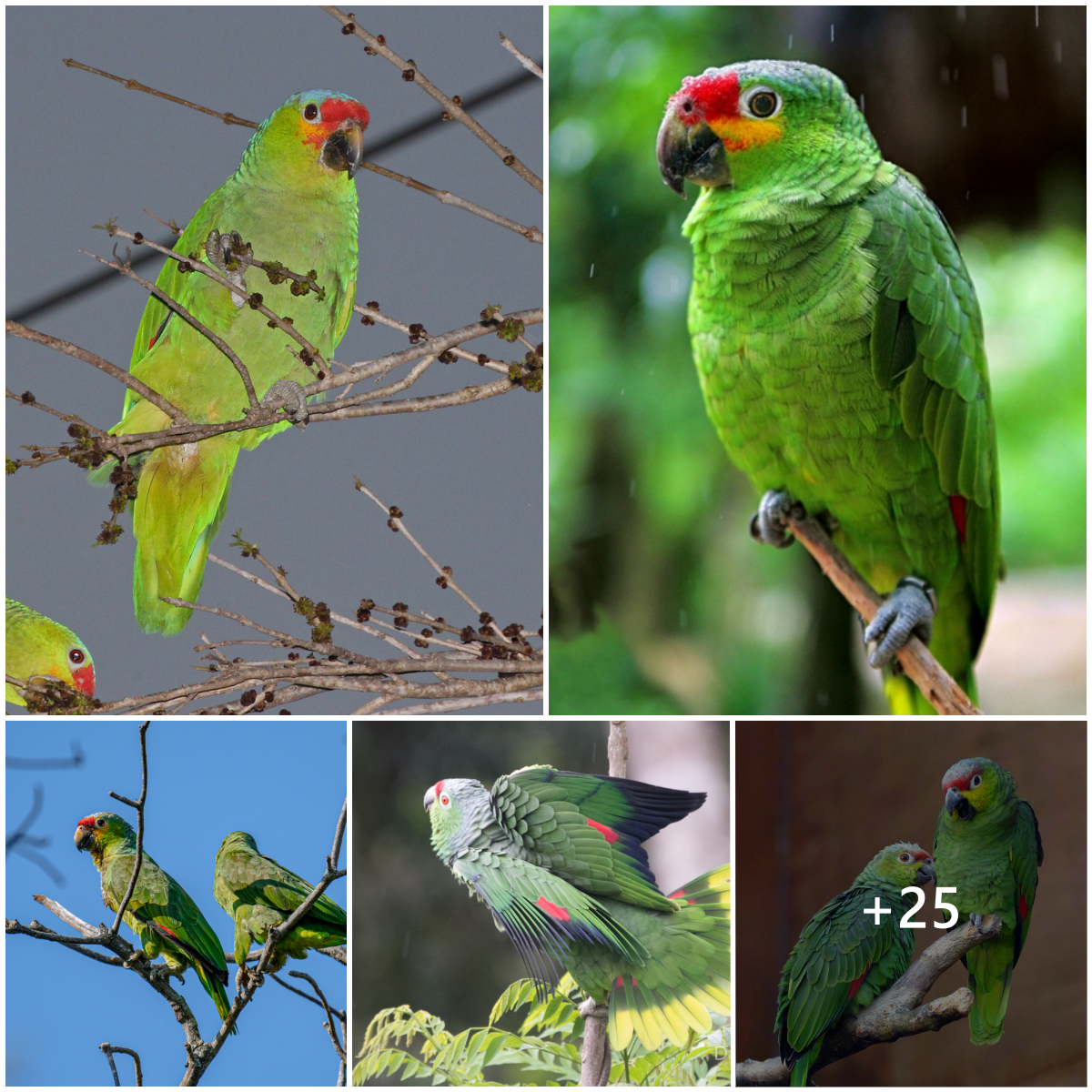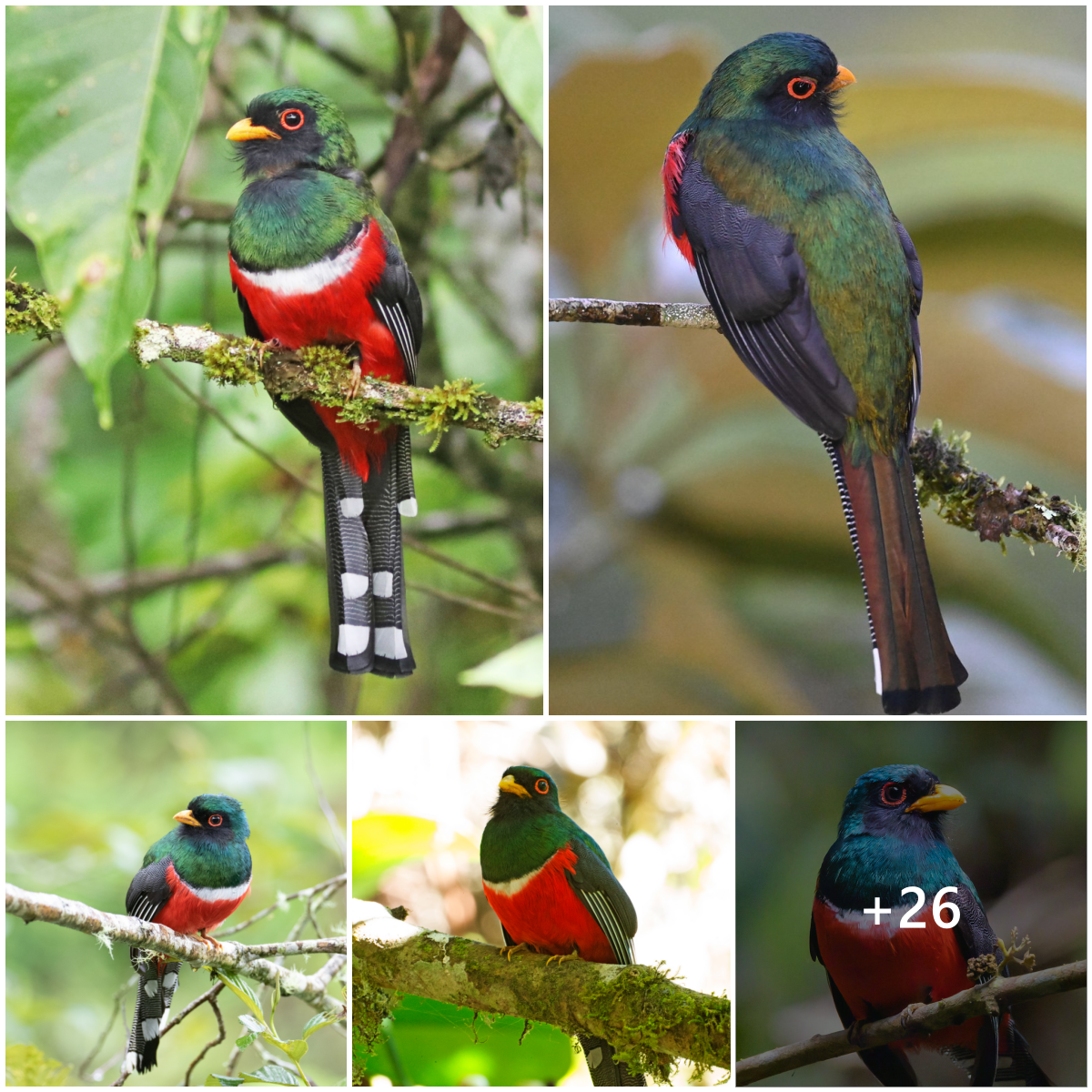
Bobcats, known for their elusive nature and striking appearance, are widespread across North America, stretching from Canada and the United States to Mexico. Despite their presence in vast, remote wildernesses, bobcats are remarkably adaptable and have been gradually encroaching into suburban and even urban environments as human expansion continues into their natural habitats.
These medium-sized predators are found in nearly every U.S. state, except for three, showcasing their remarkable ability to thrive in diverse environments. With their growing visibility in both rural and urban settings, many people are becoming increasingly interested in the bobcat populations near them.

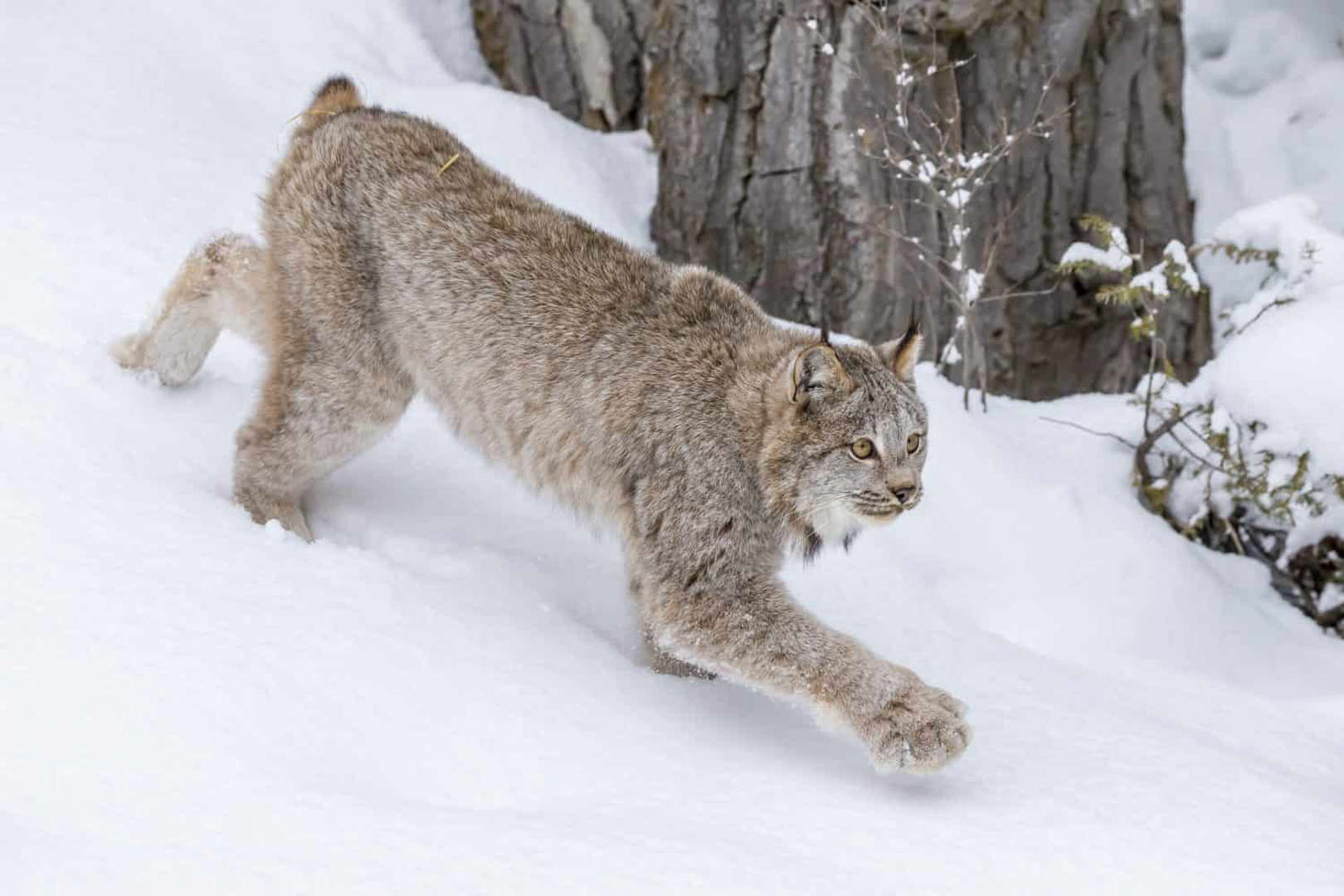
Highest Bobcat Populations
Among the states, Texas holds the distinction of having the highest population of bobcats. The state’s varied ecosystems, ranging from deserts and shrublands to forests and coastal marshes, provide ideal habitats for bobcats to flourish. The abundance of prey such as rodents, birds, and small mammals, along with the vast and often undisturbed nature of Texas’ landscapes, support a robust bobcat population.


Data on bobcat populations are challenging to collect due to the animal’s secretive nature and nocturnal habits. However, estimates and studies in 19 states have provided some insight into their numbers. Texas, with its extensive rural areas and significant wildlife management efforts, consistently reports higher bobcat numbers compared to other states.

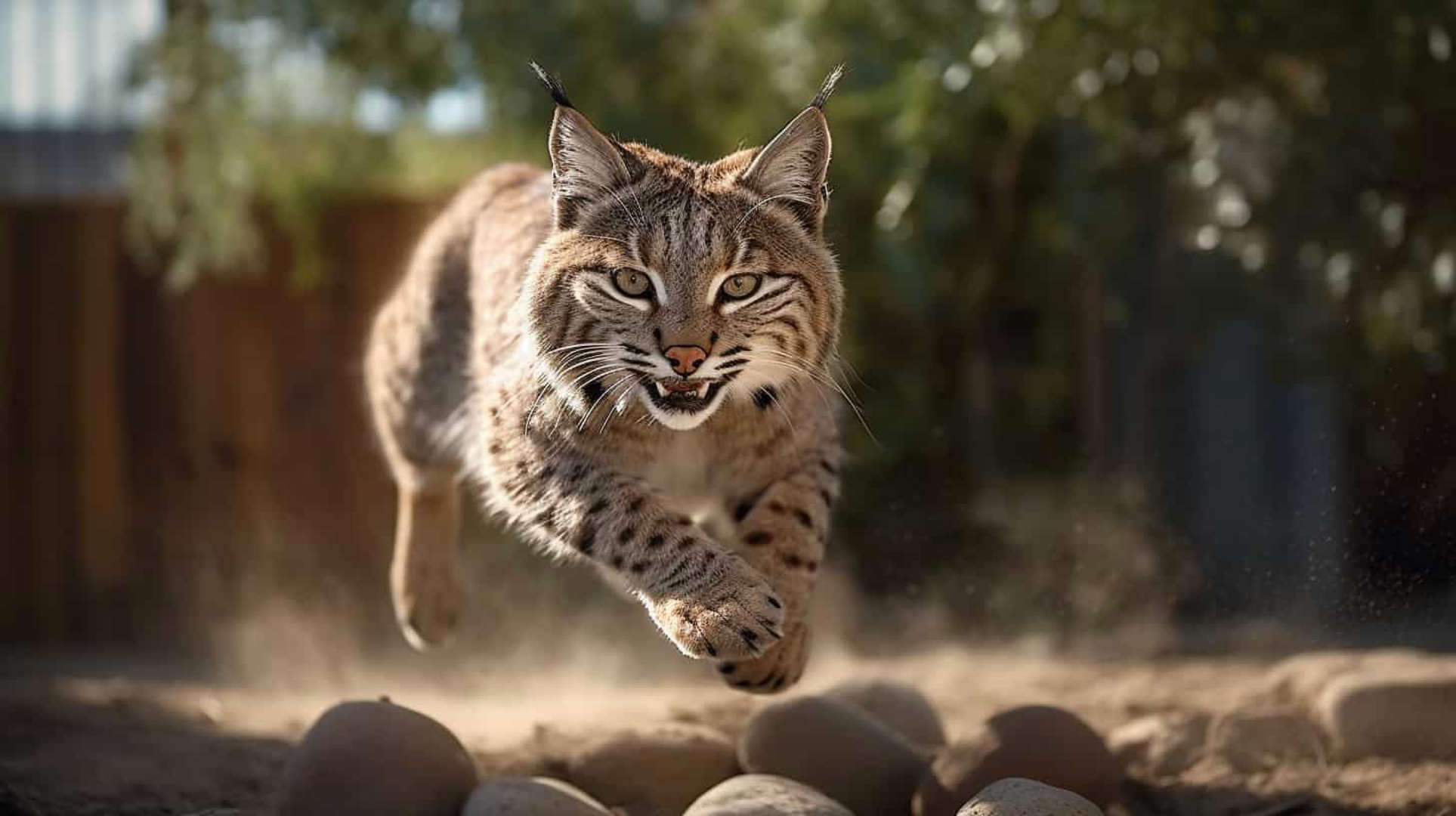
Bobcat Management and Conservation
As bobcats become more common in populated areas, states have implemented management plans to handle interactions between bobcats and humans, focusing on conservation and public education. These plans aim to protect bobcat populations while also addressing public concerns about safety and property damage.

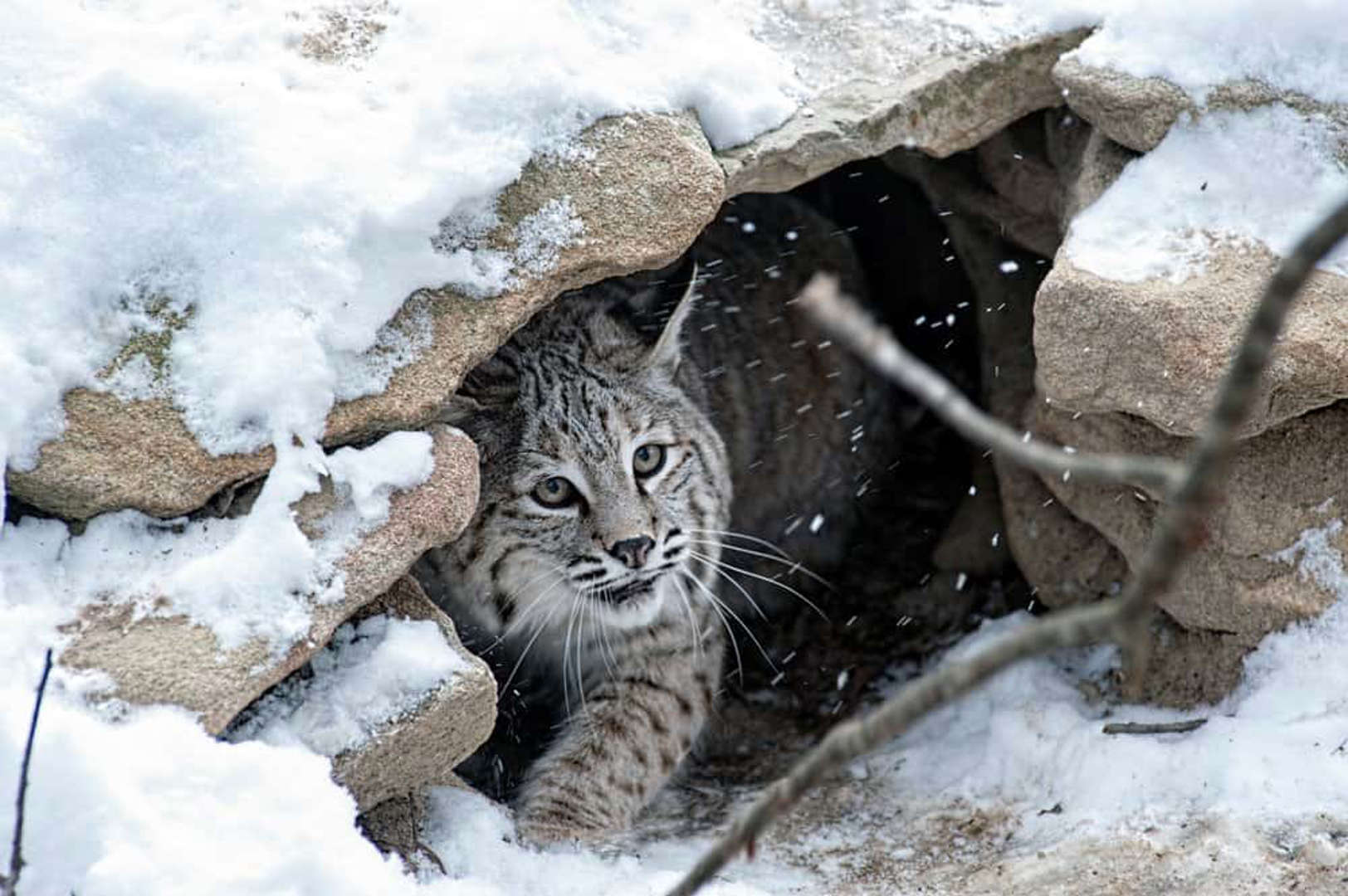
Bobcats are generally not a threat to humans but can be drawn to residential areas by the availability of food, including pets and livestock. State wildlife agencies often provide guidelines on how to live safely alongside bobcats, emphasizing the importance of not feeding wild animals and securing outdoor animals and trash bins. 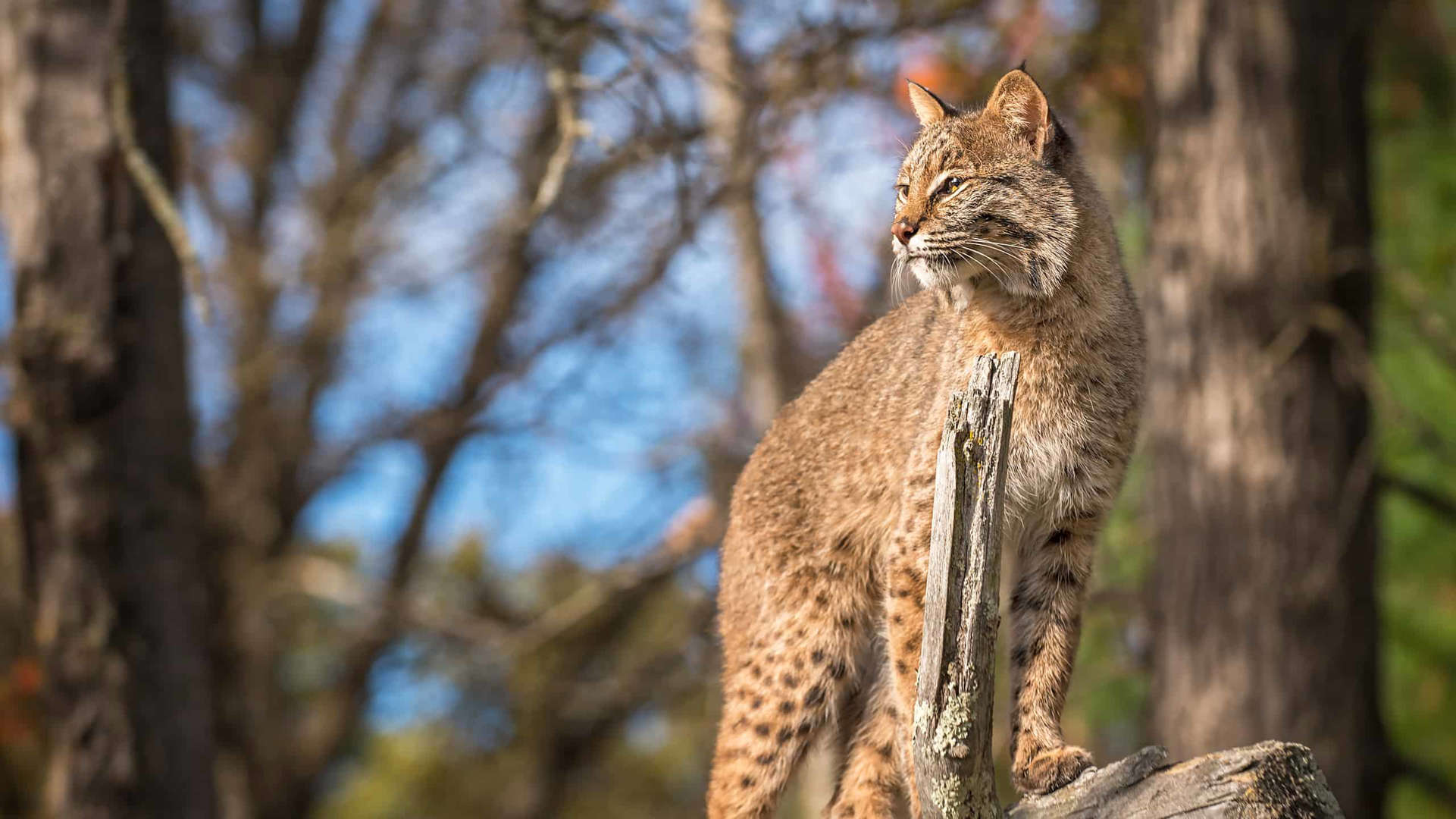

Intriguing Facts About Bobcats
Bobcats, while similar in appearance to their larger cousin, the lynx, can be distinguished by their smaller size, shorter tail, and the less pronounced tufts of fur on their ears. They are solitary animals, with territories that can vary significantly in size based on food availability and habitat quality.
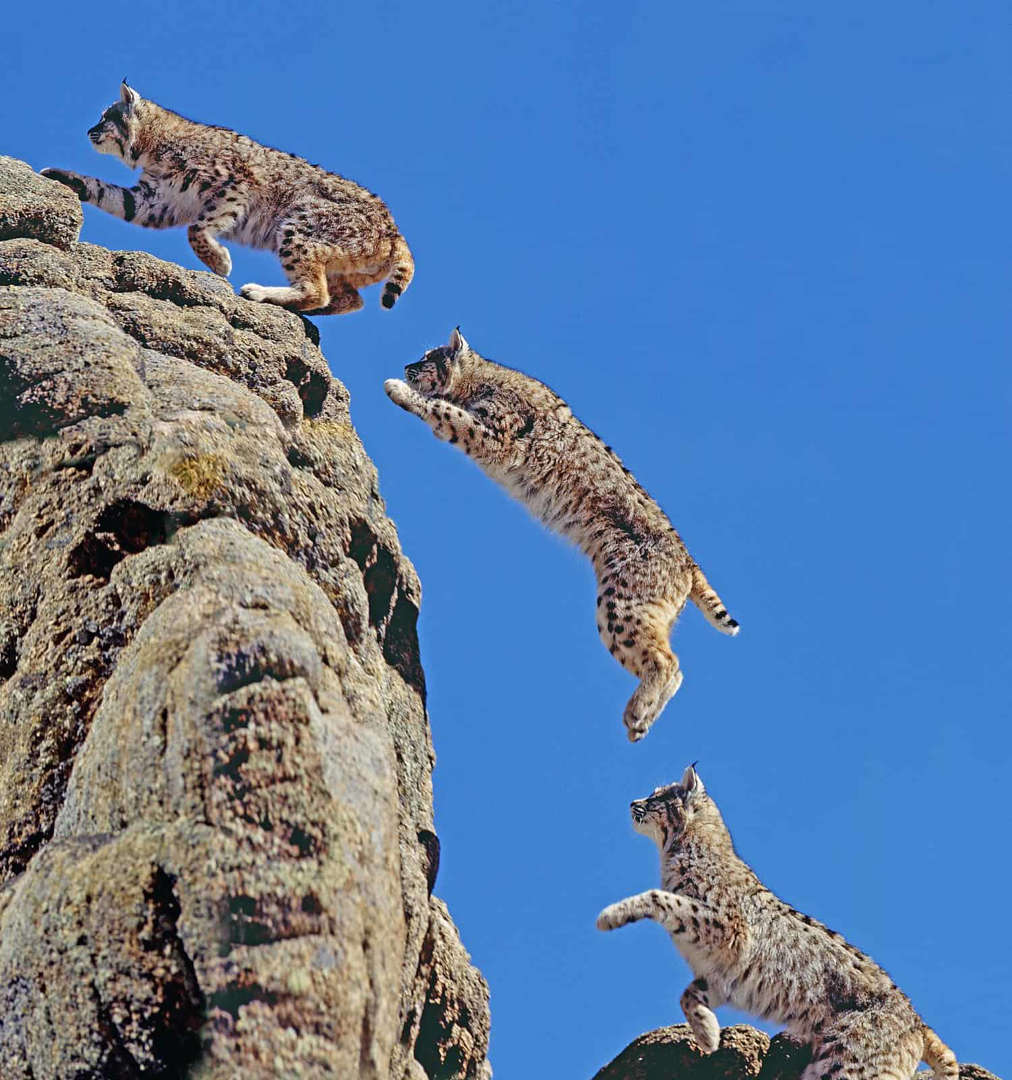
The presence of bobcats across nearly every state in the U.S. highlights their adaptability and resilience. Texas, as the state with the most bobcats, plays a crucial role in the study and conservation of this species. Understanding and respecting the habitat needs and behavioral patterns of bobcats is essential for coexisting peacefully with these remarkable predators. As we continue to encroach on their territories, educational efforts and effective management strategies will be key in preserving the delicate balance between human and bobcat populations.
